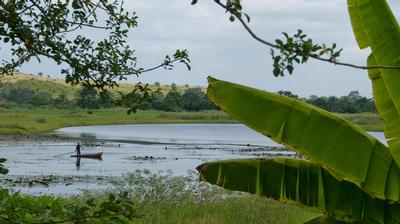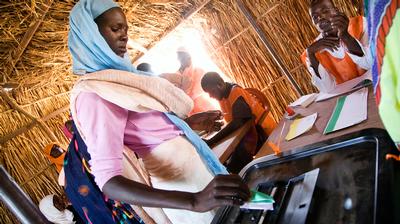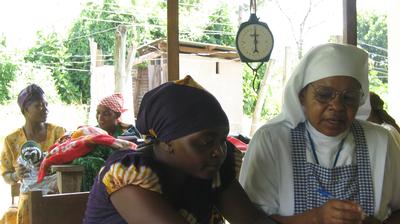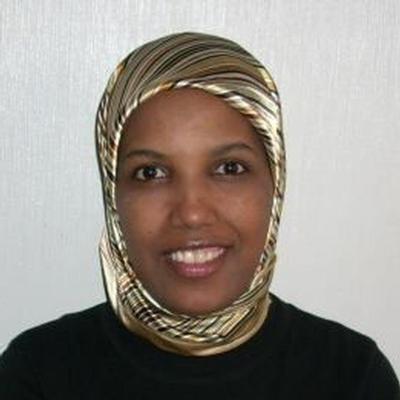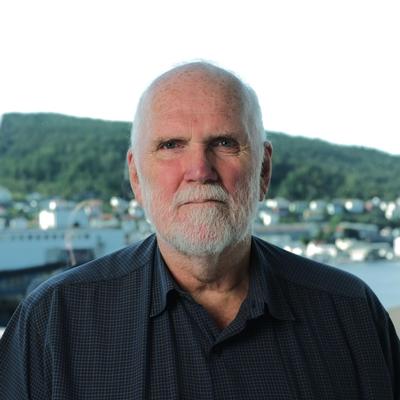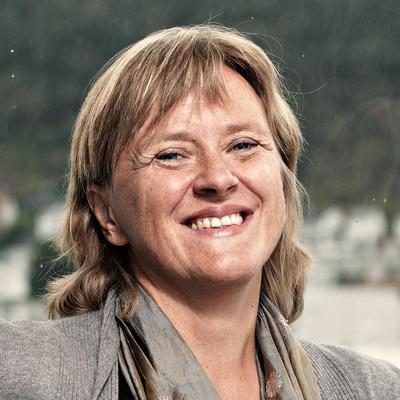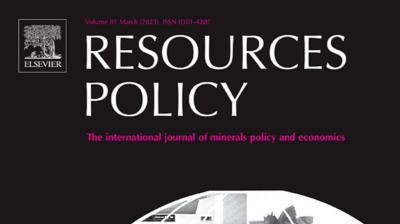Tanzania
Tanzania was one of the first countries to receive aid from international donors. Yet, the country is still marked by ill-functioning institutions and inequality. We research measures that can contribute to a more equal society, focusing on health systems and public finance management.
Current projects

Jobs Network

Strengthening Fragile States through Taxation (FRAGTAX)
Completed projects
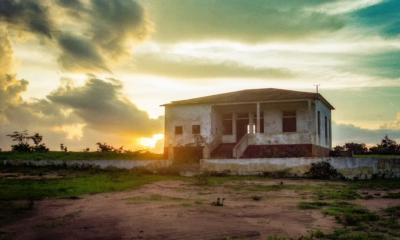
Cabo Delgado: Conflict, Resilience and Reconstruction
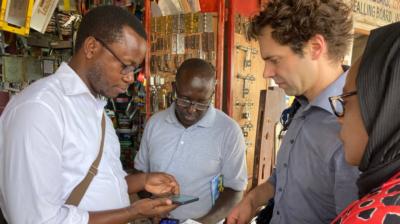
Tax Compliance, VAT Revenues and Business Development in Tanzania (TaCoTa)

Breaking BAD: Understanding the Backlash Against Democracy in Africa

Norwegian energy companies abroad

Tanzania as a Future Petro-State: Prospects and Challenges

SIDA-Evaluation of SIDA's bilateral research cooperation
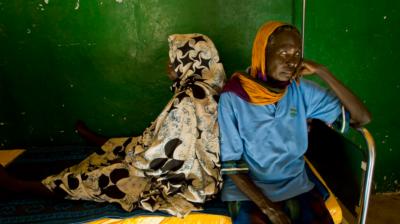
Performance-based financing of health services in Tanzania

Tanzania as a future Petro-State (component 2 Mining)
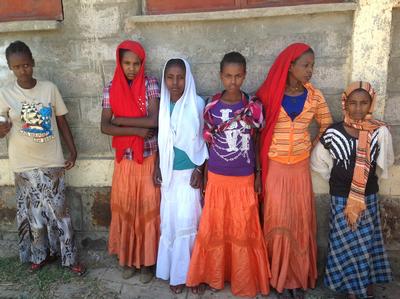
Life Skills in Non-Formal Contexts for Adolescent Girls in Developing Countries
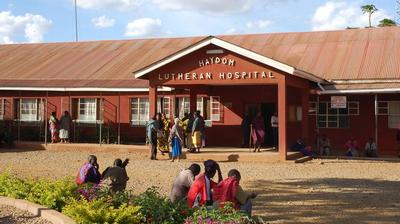
Evaluation of Haydom Lutheran Hospital

Taxing the urban boom in Tanzania: Interests, incentives and real estate in Dar

CICERO/UD: Climate Services for Adaptation in Africa
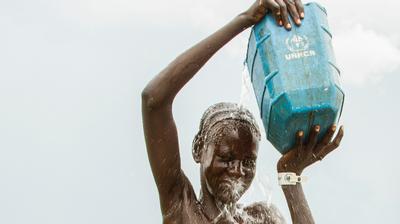
Understanding P4P process and pathways. A Tanzanian case study

Mid-term review of two human rights organisations in Tanzania
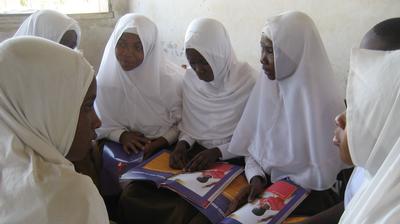
Girl Power - Economic Empowerment in Tanzania
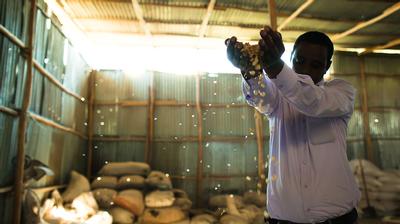
On the mechanics of microfinance

REDD Integrity

East African Community Energy Review
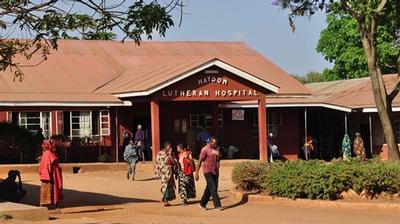
Review of the Norwegian support to Haydom Lutheran Hospital, Tanzania
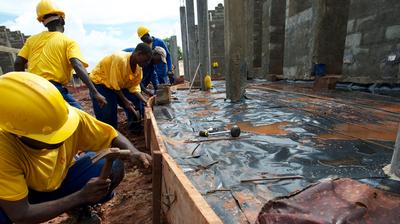
The political-economy of property tax collection in Tanzania
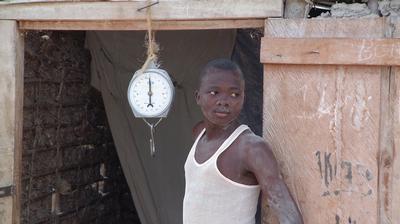
Peoples' views of taxation in Africa
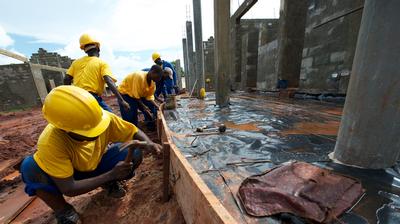
The tax systems in Mozambique, Tanzania and Zambia: capacity and constraints
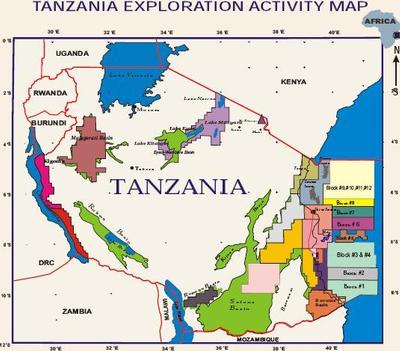
Seminar on Good Governance in the Petroleum Sector: Tanzania

Productivity of health workers
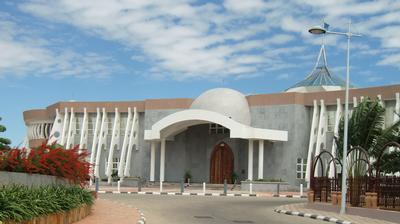
Sida: Study on Support to Parliaments

Tanzania: Macroeconomic modelling (MACMOD)

Impact Assessment of Norwegian Development Aid to Rukwa Region, Tanzania

Violence, Poverty and Police Corruption

Global Health and Development

Local government reform in Tanzania (Phase 2)
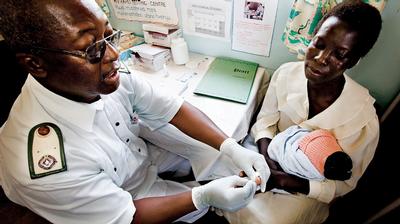
Priority setting in global health

Haydom Hospital - final project review

Accountability functions of courts
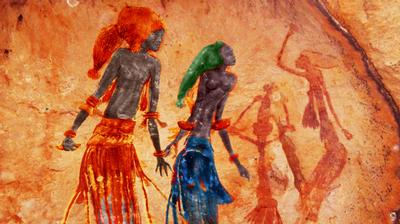
Review of the Norad Programme in Arts and Cultural Education (ACE)

Research and Institutional Development Links between CMI and SEAPREN

Performance based funding of the health sector in Tanzania

Gender and decentralisation in Tanzania

Review of Haydom Lutheran Hospital

Effects of the tax systems in Africa on investments and growth

Planning the new 'Natural Resources Management Programme' in Tanzania

Review of Right to Play

Effects of the tax system in Tanzania on investments and growth

Comparison between the Mkukuta and the Election manifesto of CCM/Tanzania

Regional Dimensions of Norwegian Country Programmes

Human resources for health in Tanzania

Bridging Research and Policy

Fast-tracking East African integration

Changing gender relations in African informal economies

Local government reform in Tanzania (Phase 1)

Local government reform in Tanzania

Gender relations in African informal economies

Understanding Patterns of Accountability in Tanzania

Benefit Streams of Mining in Tanzania

Political Institutions in Africa. The Quest for Democratic Accountability

WTO/GATS and economic development: key to 'the new economy'?

The role of supreme audit institutions in Malawi, Tanzania and Uganda

Review of Norwegian support to Tanzania Culture Trust Fund
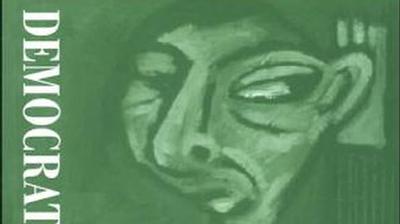
Democratization and the Judiciary

Power of the Purse? Norway as a donor in the conditionality epoch 1980-2000

Institutional Cooperation between Public Institutions in Norway and the South

Aid as a tool for the promotion of human rights and democracy
A new petro-state
Huge reservoirs of natural gas have been discovered offshore the southern coast of Tanzania. The country might become a large producer of gas, and a potential exporter of liquefied natural gas during the next decades. With this comes the promise of improved economic and social conditions for the people of Tanzania. However, experiences from other countries suggest that it is challenging to turn natural resource wealth into improved welfare for the majority of citizens.
CMI research aims to improve the extent and quality of research that can contribute to more informed policy-making and public debate in Tanzania, particularly on issues related to natural resource management for inclusive growth. We provide contextualised and evidence based policy analysis to facilitate and promote informed policy dialogue and debate in Tanzania on petroleum sector governance.
Poor service quality and insufficient coverage of critical life-saving treatment prevail in many low-income countries, also in Tanzania. There are many reasons for this, but recent evidence suggests that the poor standard of health care is not only due to lack of capacity. Health workers not showing up for work and a substantial gap between the clinical procedures health workers know they should follow, and what they actually do with patients, indicate that health care providers lack motivation. We research health-worker motivation and health system improvements.
